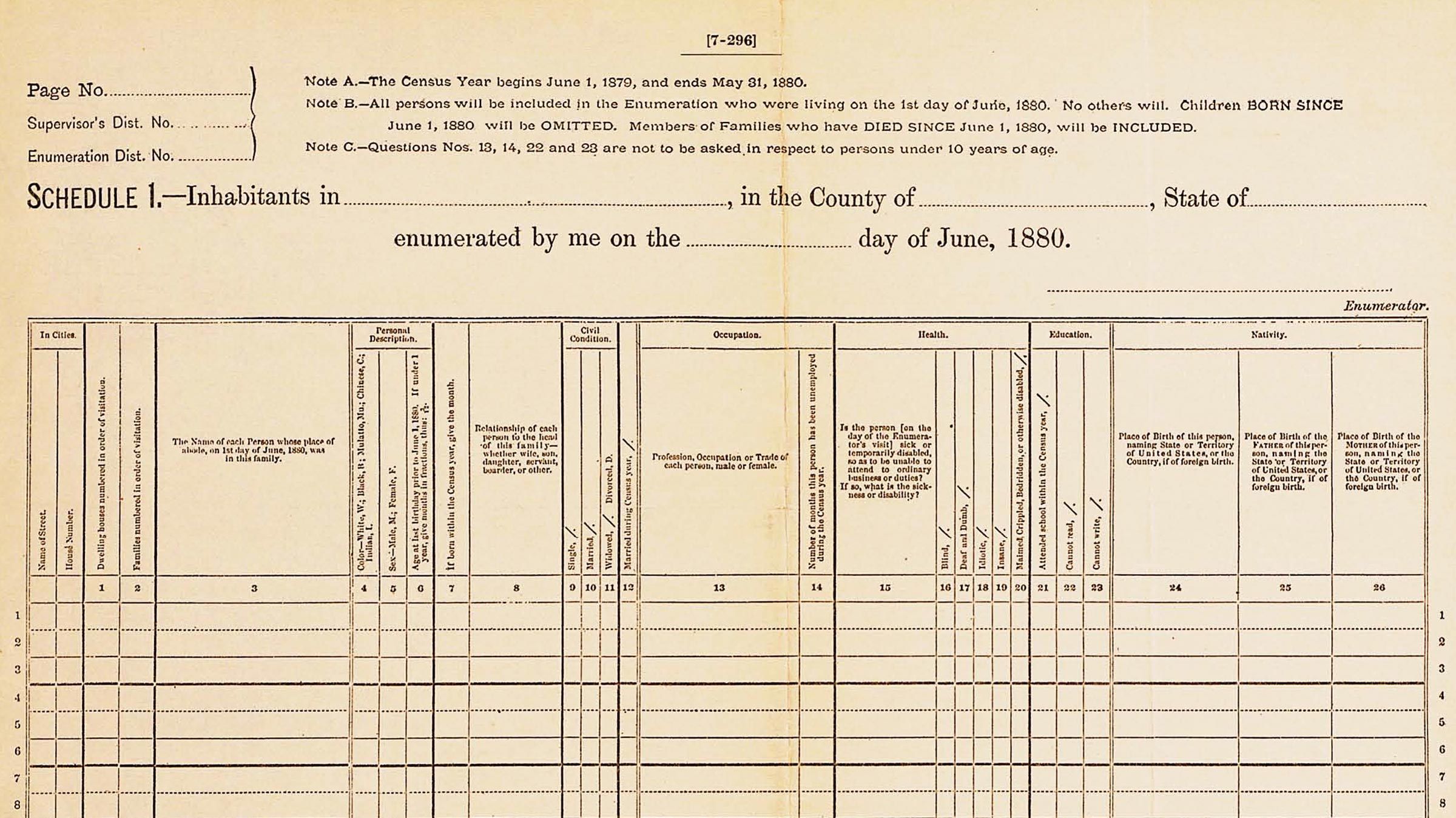It’s well known by now that the Trump administration isn’t one for subtle gestures. This week’s announcement that the 2020 Census will include a question about respondents’ citizenship has been read as an outright assault on a constitutionally-mandated project—one that stretches back to 1790. Despite the clumsy attempt by Secretary of Commerce Wilbur Ross to claim that such a question would bolster the Voting Right Act of 1965, and the minorities that law seeks to protect, a citizenship question would be, in effect, an overt act of erasure by the administration. But what would be the end results of such erasure?
First, consider the implicit reaction to such a question being posed to undocumented communities. A question being posed in a climate where the Immigration and Customs Enforcement agency uses routine interactions between these communities and the government as an opportunity to detain immigrants. Should these communities refuse to participate in the 2020 Census, they resultant count would skew heavily towards affluent and predominantly white populations. Such a misrepresentation of the American populace would impact how nearly $675 billion dollars in federal money is allocated and would affect the apportionment congressional seats.
Even in a good year, this count is easy to mishandle. As Ari Berman noted in Mother Jones, a relatively clean census, like the 2010, which is considered to be the most accurate in history, “overcounted white residents by nearly 1 percent while failing to count 1.5 million people of color, including 1.5 percent of Hispanics, 2.1 percent of blacks, and 4.9 percent of Native Americans on reservations.” In other words, the implications of such a question would have a staggering impact on underrepresented communities in the decade to come. If a census is inaccurate, it promises a future of under-resourced and overpopulated classrooms, poorly serviced infrastructure and hospitals reaching critical levels, coupled with the most vulnerable members of society being left underrepresented in Congress.
In response to the announcement, twelve states quickly made moves to block the decision joining in a multi-state suit against the administration. Opponents to the rule also noted the slow process behind other proposed additions to the census, such as the question of sexual orientation that LGTBQ advocates have spent decades advocating for, until it was rejected for the 2020 count. Residents of Middle Eastern and North African descent have long asked for representation on the form to only be snubbed, as well. Erasure, it would seem, is the desire outcome of this very precious form as Wendy Weiser, director of the Democracy Program at the Brennan Center for Justice, told Time magazine. “The inaccurate count would immediately be reflected in shifts of political representation and political power.”







